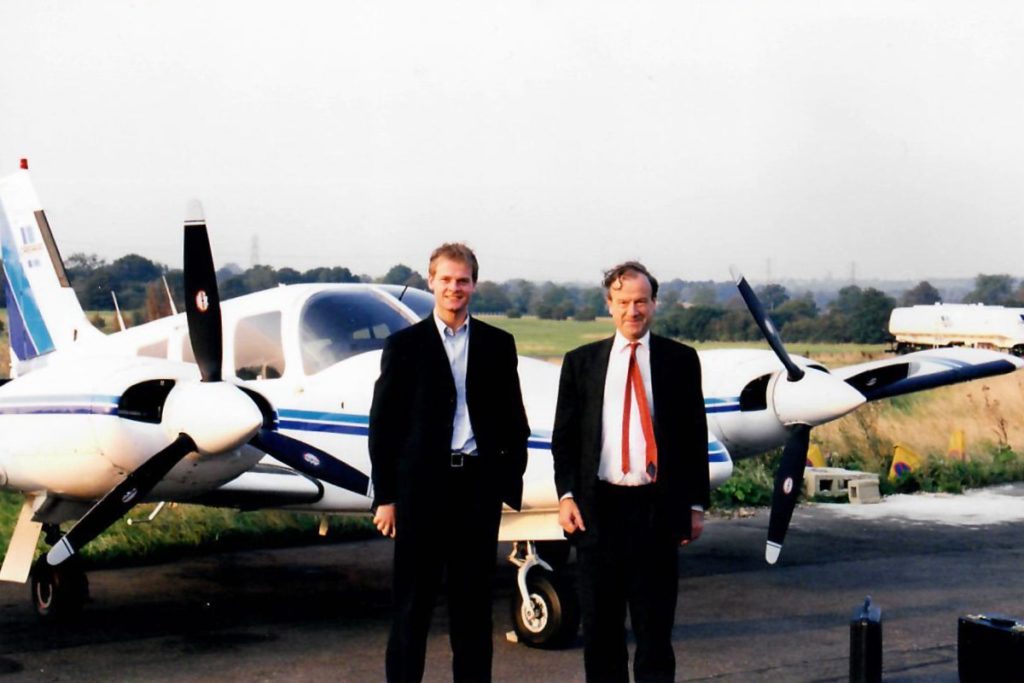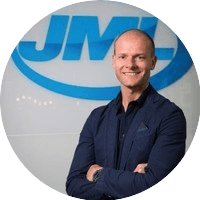
Flying Speed – make sure you don’t lose it!
Bricks and mortar retailers are currently in a mad rush to offload stores. Boots recently announced that they are likely to close 200 outlets. Marks & Spencer see their future with a slimmed down portfolio of physical shops, and the once mighty Arcadia is just the latest British retailer to push through a controversial CVA (Company Voluntary Agreement) which will allow them to extricate themselves from leases.
These companies understandably look at the P&L (profit and loss account) for each store, list them from top to bottom and draw a line above those which are not making a profit. Any one below that line is a target for closure. Makes sense, possibly.
If these businesses believe that they are not going to lose revenue, then they’re likely pinning their hopes on picking up the lost sales online. Again, seems a sensible strategy in today’s world, but everyone can’t be a winner on the web when shops are removed from the equation. Ecommerce is now far more competitive than physical retail. Plus it’s difficult to make margin, it’s hard to drive impulse sales and with customer expectations sky high, the requirement for investment in technology and logistics is ever increasing. So by driving more customers online more frequently, perhaps these retailers are just playing into the hands of Amazon.
I can’t help but feel that the management of companies aiming to cut out sales points are not looking at the wider benefits of scale. You can negotiate better deals with volume, having more stores gives more consumer touch points and acts as a great piece of physical marketing which, if managed properly, will strengthen the brand. More importantly, a piece of business such as a single store can be making a ‘contribution’ even if it is not making a profit. I’d like to think that the shrinking retail chains have some decent financial analysts who know which outlets are helping shoulder central costs even if they are not ‘in the black’. Furthermore, contributing to the whole may not just be financial. Quite aside from the devastating effects store closures have on our high streets, these companies may find further unintended consequences. Only when you have closed down bits of a business do you sometimes discover that not only have you lost sales which you haven’t recouped elsewhere, you precipitate a disproportionate fall in revenues generally and experience an unwelcome deterioration in profits.

At JML we set up a number of subsidiary businesses a few years ago in countries outside our home markets. We had mixed results with some of these operations going great guns, whilst others were a struggle. We soon became tired of seeing losses on the P&L’s for the more challenging territories and decided to selectively close these down. Winding up companies can be a painful process as many of us know and there are substantial costs in doing so. Before long we had in fact divested all of our international subsidiaries by shutting down the poor performers and successfully selling the ones that had been doing well. Instead, we have since focused on a strategy of working almost exclusively with distributors outside of the UK and Ireland.
Our company’s focus on distributors is now paying dividends as we have built on the strong relationships we already had internationally. We’ve added some fantastic new partners in several countries and made great new friends as a result. I’m pleased to say that now we are seeing our export sales grow. However, it has taken something like three years to really gain traction in previously untapped markets. Meanwhile we now look back on the time when we had several of our own international subsidiaries with a certain amount of nostalgia. Firstly, we had a lot of fun and learned a huge amount. Perhaps more importantly though, despite the challenges that we faced, and despite what the individual companies’ P&L’s showed, overall, it was a period of strong profitability for JML Group as a whole.
Our company’s focus on distributors is now paying dividends as we have built on the strong relationships we already had internationally. We’ve added some fantastic new partners in several countries and made great new friends as a result. I’m pleased to say that now we are seeing our export sales grow. However, it has taken something like three years to really gain traction in previously untapped markets. Meanwhile we now look back on the time when we had several of our own international subsidiaries with a certain amount of nostalgia. Firstly, we had a lot of fun and learned a huge amount. Perhaps more importantly though, despite the challenges that we faced, and despite what the individual companies’ P&L’s showed, overall, it was a period of strong profitability for JML Group as a whole.
In my early days at JML I spent many happy hours flying in light aircraft with our founder John Mills at the controls. We often flew to European destinations with the aim of furthering our international ambitions. That experience has made me think of running a business a bit like this – getting up to speed to take off requires lots of energy, but once you are at altitude it becomes much easier. Then, when you are flying a plane at a good cruising speed it’s a bit like having lots of revenue streams – you have manoeuvrability, you have options and there are things you can do if something goes wrong (which of course they never did with John as our pilot!). However, if you lose revenue, or you lose flying speed, you rapidly run out of all these things, and if you’re not very careful, you could soon find yourself stalling. I’m very confident that isn’t going to happen at JML as growing revenues is key to our future strategy – even if John has now, sadly, hung up his flying goggles!

